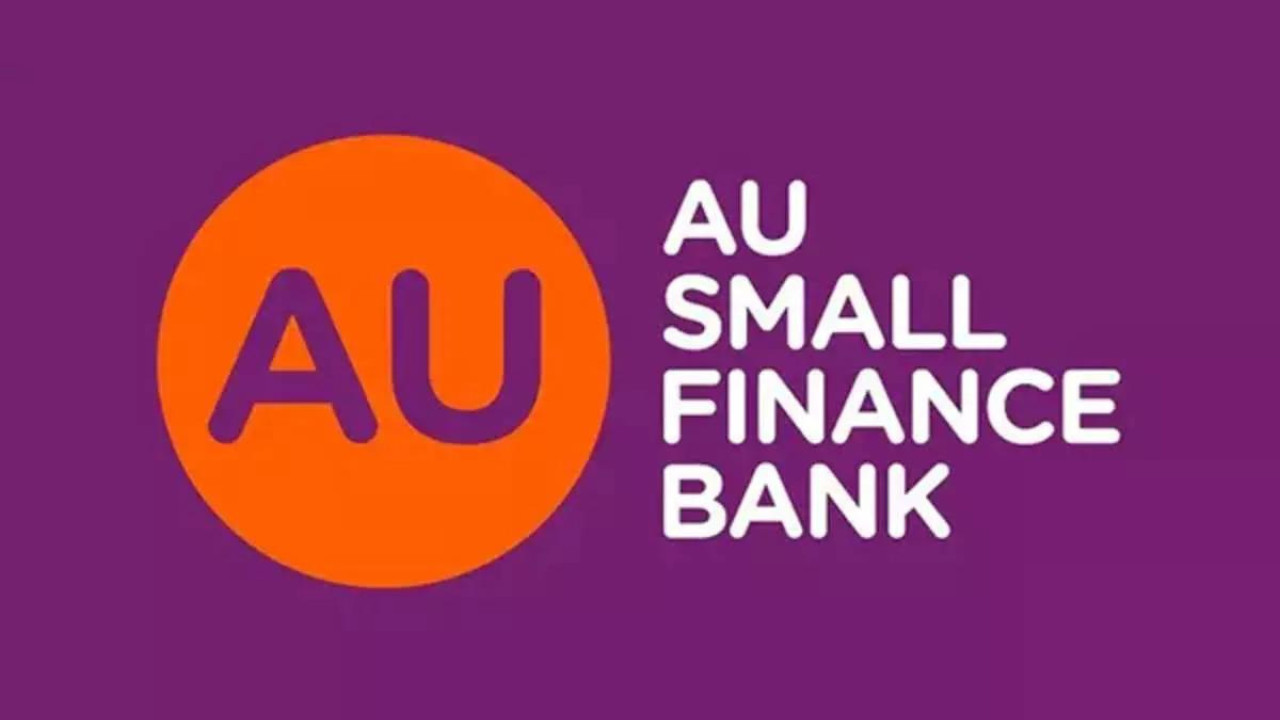RBI has granted AU Small Finance Bank in-principle approval to transition into a universal bank, marking the first such approval in a decade. Founded as an NBFC in 1996, AU became the largest SFB and the first to seek universal status under RBI’s new framework.
AU Small Finance Bank Inches Closer to Universal Banking Dream
For years, AU Small Finance Bank (AU SFB) has been a compelling story of growth, innovation, and financial inclusion. Now, that narrative is poised to enter an exciting new chapter. The Reserve Bank of India (RBI) has granted AU SFB an “in-principle” approval to transition into a universal bank, a move that could significantly reshape the competitive landscape of the Indian banking sector. It’s not a done deal yet, but it’s a major milestone on the path to becoming a full-fledged universal bank.
What does this mean, exactly? Well, imagine AU SFB going from offering a specific suite of financial services to offering virtually everything a large commercial bank does. Think broader lending options, sophisticated investment products, and a wider range of services for both individuals and businesses. It’s a chance for AU SFB to play in a much bigger arena.

The “in-principle” nod is the first step, and it comes with conditions. AU SFB has 18 months to satisfy the RBI that it meets all the necessary requirements. These conditions likely involve strengthening governance structures, demonstrating robust risk management practices, and proving they have the technological infrastructure to handle the demands of a vastly expanded operation. Think of it as a rigorous audition for the big leagues.
Why is This Such a Big Deal for AU Small Finance Bank?
AU SFB has carved out a niche by focusing on serving underserved communities and small businesses, often in rural and semi-urban areas. This customer-centric approach has fueled impressive growth. However, being a small finance bank also comes with limitations. A universal banking license unlocks tremendous opportunities:
* Expanded Customer Base: Moving beyond its current focus, AU SFB can attract a wider array of customers, including larger corporations and high-net-worth individuals.
* Diversified Revenue Streams: The bank can offer a broader range of financial products and services, reducing its reliance on any single segment and bolstering its overall profitability.
* Enhanced Competitiveness: A universal banking license levels the playing field, allowing AU SFB to compete more effectively with established players in the banking sector.
* Increased Brand Recognition: Becoming a universal bank elevates AU SFB’s brand image and strengthens its reputation as a trusted financial institution.
The Road Ahead: What to Expect
The next 18 months will be crucial. AU SFB will be working diligently to meet the RBI’s stringent requirements. This will involve significant investment in technology, talent, and infrastructure. The bank will also need to refine its strategic plan to ensure a smooth and successful transition to a universal banking model.
One critical aspect is capital adequacy. Universal banks typically require higher levels of capital to absorb potential losses. AU SFB will likely need to raise additional capital to meet these requirements, which could involve issuing new shares or raising debt.
The Broader Implications for the Indian Banking Sector
AU SFB’s potential transformation into a universal bank has broader implications for the Indian banking sector. It signals a growing confidence in the ability of well-managed small finance banks to evolve and compete on a larger scale. This could encourage other SFBs to pursue similar ambitions, leading to increased competition and innovation in the sector.
The entry of a new universal bank could also benefit consumers by providing more choices and potentially driving down the cost of financial services. A successful transition by AU SFB would serve as a model for other aspiring banks, demonstrating that it is possible to build a strong, sustainable financial institution from the ground up. This development comes at a time when conversations about financial inclusion are more critical than ever; AU SFB, with its established roots in serving marginalized communities, is well positioned to continue contributing to this important national objective. And if you’re interested in following similar financial trends, you might want to read about new developments in digital lending as well.
A Future-Forward Bank
AU SFB’s journey toward becoming a universal bank is an exciting one to watch. If they successfully navigate the next phase, they’ll be well-positioned to make a significant impact on the Indian banking landscape. Their dedication to their customers, combined with a forward-thinking approach, has set them up for success. The transformation into a universal bank represents a significant evolution, promising not only growth for the institution itself but also potential benefits for the broader Indian economy. It’s a story worth keeping an eye on.







